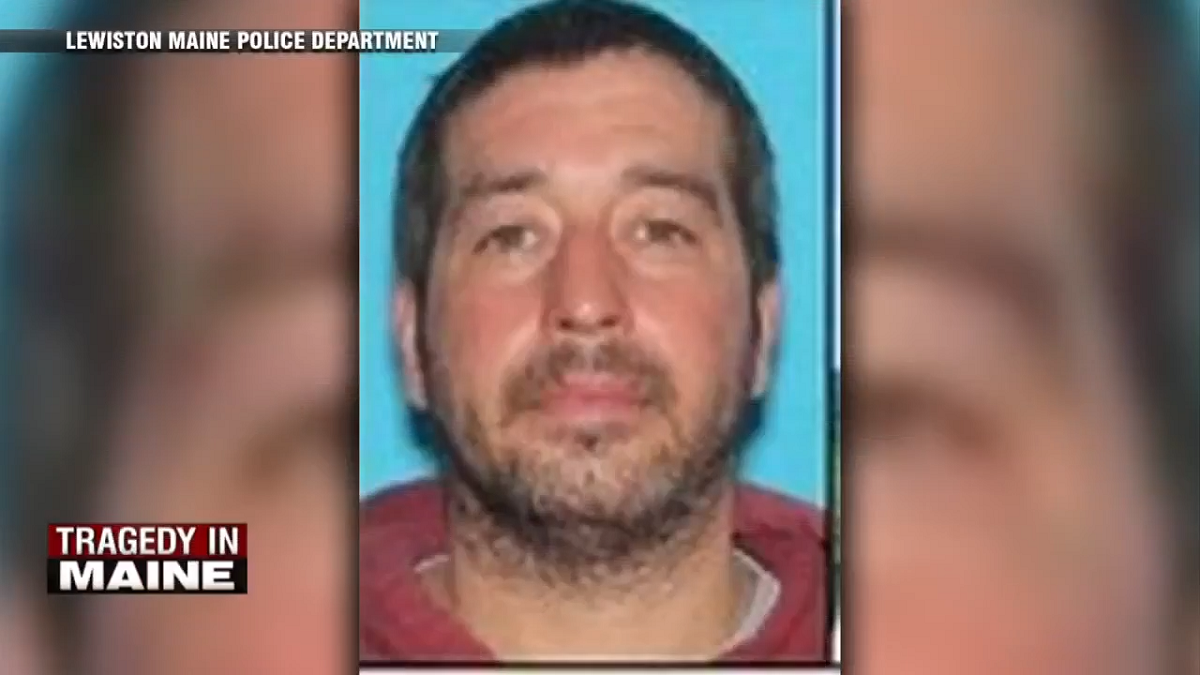
The gunman, Robert Card, was a US Army reservist and instructor at an Army hand grenade training range. He had been exposed to repeated low-level blasts on the training range for eight years before he began hearing voices and experiencing paranoid delusions in 2019. The study of his brain showed evidence of traumatic injuries, including degeneration in nerve fibers that allow different areas of the brain to communicate, axonal and myelin loss, inflammation, small blood vessel injury. There was no evidence of chronic traumatic encephalopathy (CTE). The study aligns with previous studies on the effects of blast injuries in humans and experimental models.




